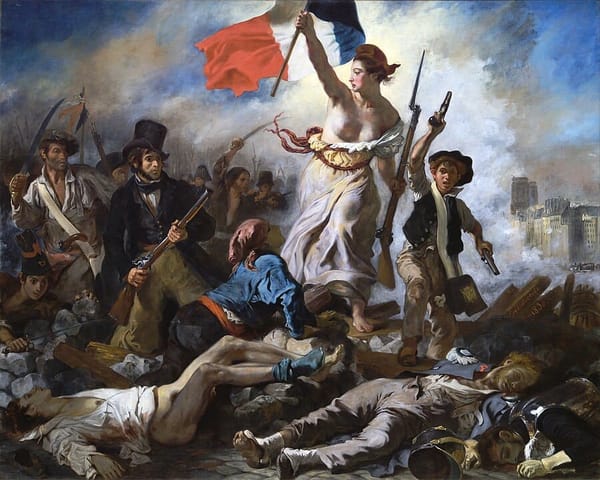Rajiv-Rushdie: How India’s ban to Satanic verses led to mayhem

Today when Salman Rushdie has been attacked, after more than three decades of the infamous fatwa issued by Iran’s Ayatollah Khomeini for religious blasphemy, Voltaire’s saying “I may not agree with what you have to say, but I will defend to the death your right to say it” is more relevant than ever. Rushdie was stabbed multiple times by a 24 year old man named Hadi Matar at the Chautauqua Institution in New York.

The motive behind the attack has not yet been established, however it seems connected to his book Satanic Verses. Rajiv Gandhi’s government can’t be forgotten in this regard as it was India where the book was first banned, leading to a widespread controversy around it. In his book ‘A Rude Life’, Vir Sanghvi talks about the time Rajiv Gandhi, in his pursuit to appease communities made some consequential decisions, one of which included banning the Satanic verses.
Following the overturning of the Shahbano precedent to appease the orthodox Muslim, Rajiv Gandhi went ahead with banning the book that Aveek Sarkar, the Indian partner of Penguin books, decided to publish even after Khushwant Singh suggesting against it. Vir in his book says ‘ Aveek took the traditional line that even if a book by an author as eminent as Salman Rushdie offended people, it should be published.’

Later in an interview by Shrabani Basu, Rushdie, while promoting his book, said “It is a funny view of the world to think that a book could cause riots.” Little did he know that the Sunday issue that carries this interview will be the reason for the start of chaos. Syed Shahabuddin, an Indian diplomat, got his hands on it and even without reading the book went ahead with calls on banning it.
The controversy spread and conservative mullahs, maulvis and Muslim Organisations rallied behind each other to get the books banned. Rajiv Gandhi, on advice of his Home Minister Buta Singh, went ahead with banning it citing possibility of widespread violence. However in a larger sense this act of shunning words on accounts of it being offensive disregards the very essence of democratic principles and liberal ideologies.

Had the government stood tall in the face of suspected threats, the democratic ideas of freedom of speech and expression would have strengthened more than ever. Spreading like a wildfire, the controversy flared up in Pakistan. Protests happened and mullahs were seen to be encouraging riots.
Ayatollah Ruhollah Khomeini, the first Supreme leader of Iran, got to know of the book through protests in Pakistan on TV and the fatwa for Muslims to kill Rushdie was issued. Even now, the attitudes around Iran and Islamic countries haven’t changed much. The conservative newspaper of Iran, Khorasan told the news of Salman’s incident with the headline ‘Satan on the path to hell’

All of this without even reading the book by anyone. The thought of even provoking the religious fundamentalists is so grave to authorities that it raises the question of whether there is scope of even healthy discussions about the same. Had Rajiv Gandhi been a little firm in his approach of dealing with the noise around the book, it may have not erupted like a volcano.
Rushdie in a 1990 essay wrote “the demand for the book’s banning was a power play to demonstrate the strength of Muslim votes, on which the Congress has traditionally relied and which it could ill afford to lose.”

Salman Rushdie today signifies what it takes to stand against the forces of prejudice and fundamentalism. He shows the power of words and voices. Having to live in hiding for years, his words have roamed freely in the streets of fragile egos. At the PEN World Voices Festival, Rusdie said, "A poem cannot stop a bullet. A novel can’t defuse a bomb but we are not helpless. We can sing the truth and name the liars.”





